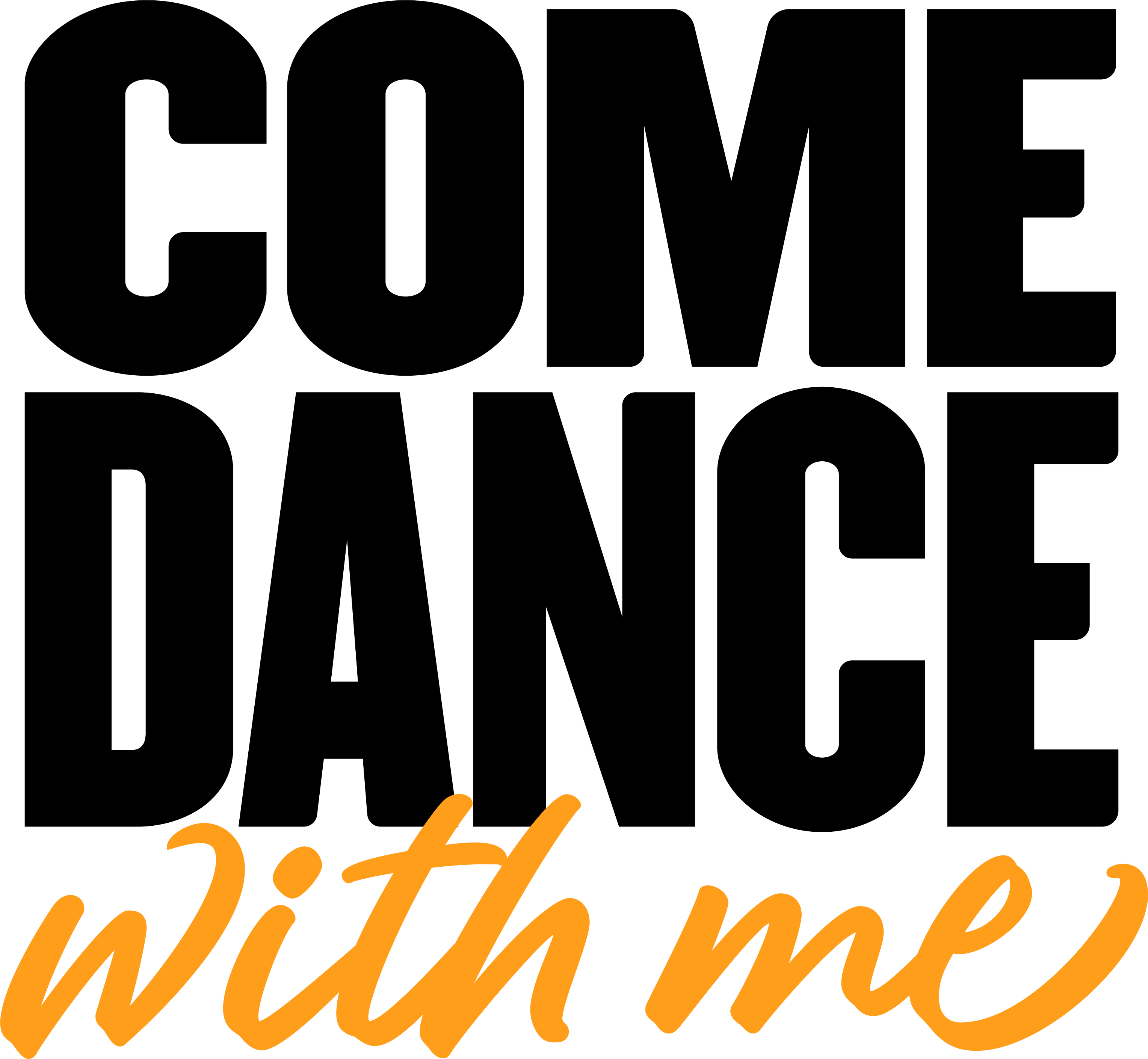Anti Bias Training
For on set and beyond
The real title for this course is “Don’t be a jerk!”. No joke! Because that is really what anti-bias training is. It covers some basics about how to be a decent human in the workplace. Everybody in a diverse workplace deserves to feel safe and valued and there are some simple things we can all do make that happen! When we know better, we do better.
Your Instructors
Crew from the Swell Collective, a BIPOC (Black, Indigenous & other People of Color) led training organization, will be your guides by the side for this course.
What you'll need
It should take you about an hour to an hour and half to complete the entire course. Have a notebook handy, and another browser window open to check out some links!
OBJECTIVES
Course Objectives & Outcomes
After completing this course, participants will understand the following terms and concepts and begin to feel more adept and recognizing and moving beyond their own biases.
Implicit Bias
Biases can be innate or learned. People may develop biases for or against an individual, a group, or a belief.
Diversity
The practice or quality of including or involving people from a range of different social and ethnic backgrounds and of different genders, sexual orientations, etc.
Equity
The quality of being fair and impartial. It is helpful to think of equity as not simply a desired state of affairs or a lofty value. To achieve and sustain equity, it needs to be thought of as a structural and systemic concept.
Inclusion
The practice or policy of providing equal access to opportunities and resources for people who might otherwise be excluded or marginalized, such as those who have physical or mental disabilities and members of other systemically marginalized groups.
Communication Styles and Conflict
Styles of communication and conflict show up at work, at play and everywhere. Understanding how these operate helps us better navigate when tensions arise.
Brave allyship
The lifelong process of building relationships based on trust, consistency, and accountability with systemically marginalized individuals, and the commitment to stand in solidarity with the less powerful.

